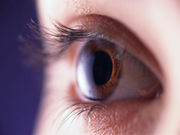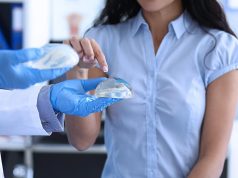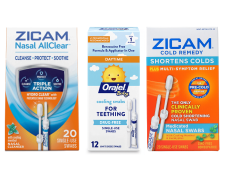Case report describes endophthalmitis with chorioretinal involvement caused by Candida albicans
TUESDAY, March 22, 2016 (HealthDay News) — In a case report published online March 17 in JAMA Ophthalmology, bilateral endogenous endophthalmitis with chorioretinal involvement due to Candida albicans a few hours after breast augmentation surgery has been documented.
Giuseppe Querques, M.D., Ph.D., from the University Vita-Salute in Milan, and colleagues describe the case of a healthy woman in her 20s who manifested an elevated temperature and blurred vision in both eyes on the day after breast augmentation surgery.
The authors note that the anterior segment in the patient’s eyes showed the presence of diffuse nongranulomatous keratic precipitates in the anterior chamber and posterior synechiae. Bilateral, multiple, creamy-white chorioretinal lesions were revealed on fundus biomicroscopy, some with surrounding hemorrhage. Treatment with intravenous fluconazole was started as a result of the clinical appearance, which indicated bilateral endogenous fungal endophthalmitis with multiple chorioretinal lesions. C. albicans was isolated on blood culture. A further decrease in visual acuity and worsening of the chorioretinal lesions were seen despite treatment. Because of persistent fever, breast pain, and surgical wound dehiscence, the implants were removed 15 days after presentation; C. albicans was isolated from the implants. Fluconazole was discontinued seven days later, and one month later the patient had recovered completely.
“This case illustrates that, after augmentation mammoplasty, in the presence of characteristic signs and symptoms (e.g., elevated temperature and creamy-white chorioretinal lesions), fungal infection must be suspected,” the authors write.
Two authors disclosed financial ties to the pharmaceutical industry.
Full Text (subscription or payment may be required)
Copyright © 2016 HealthDay. All rights reserved.








